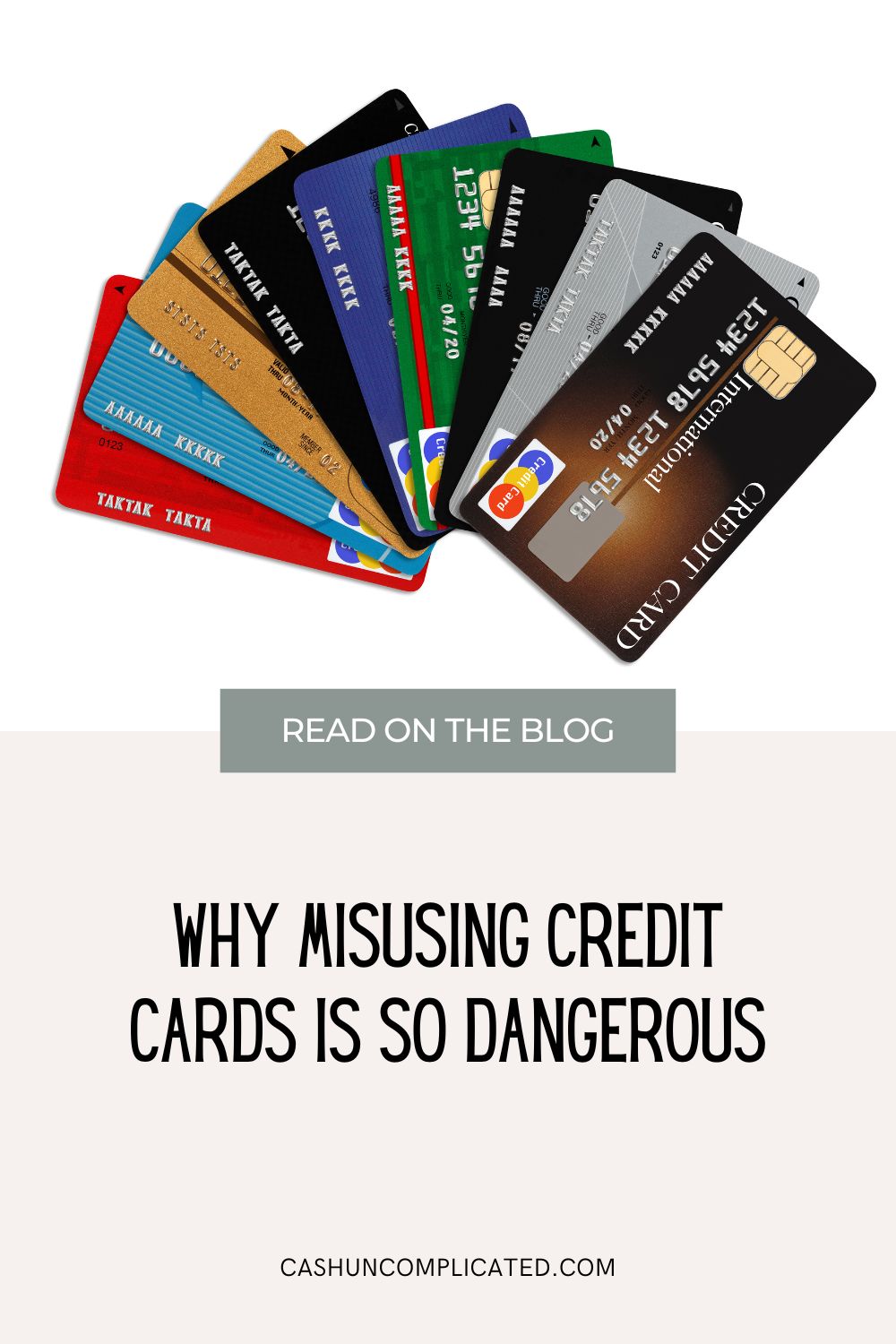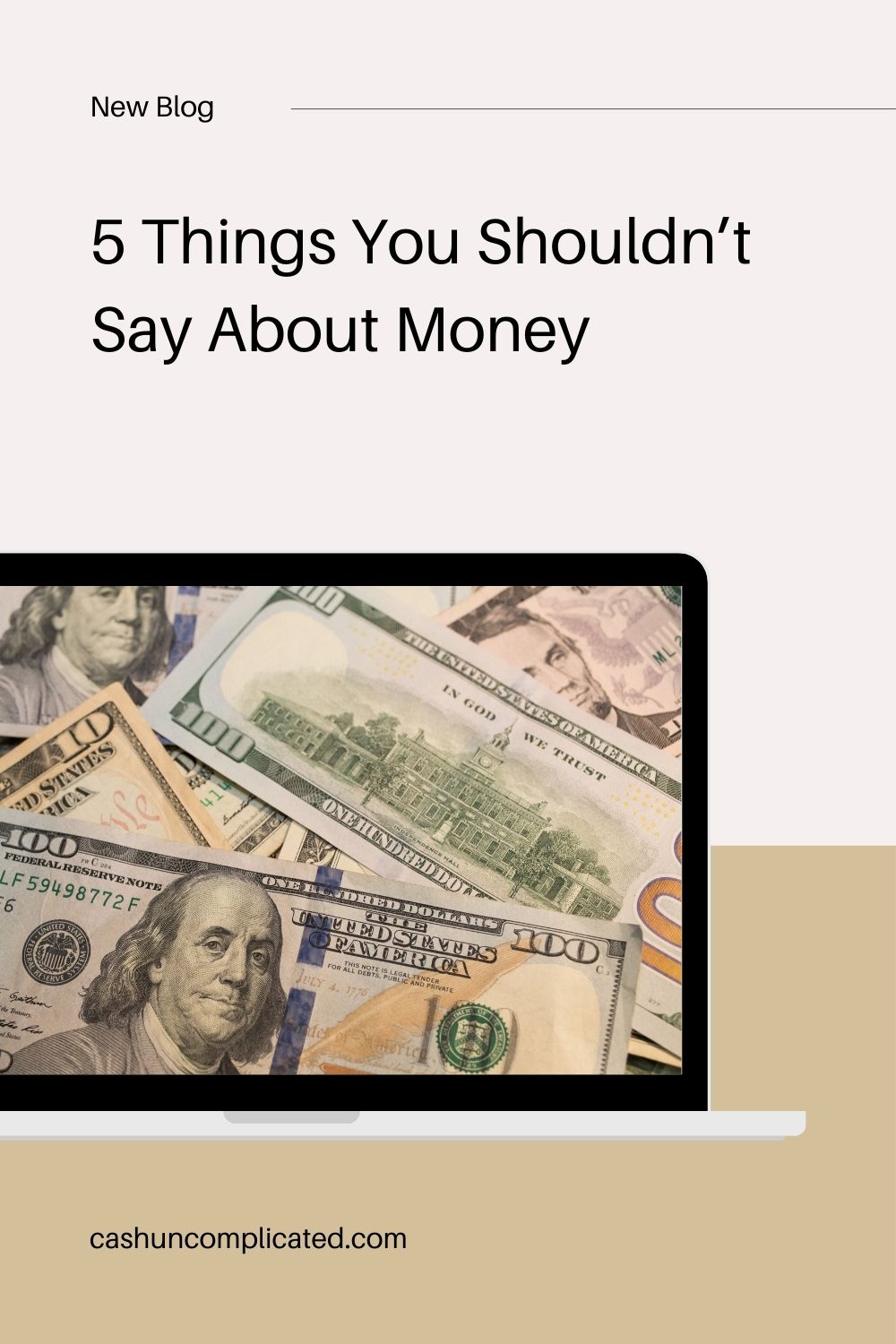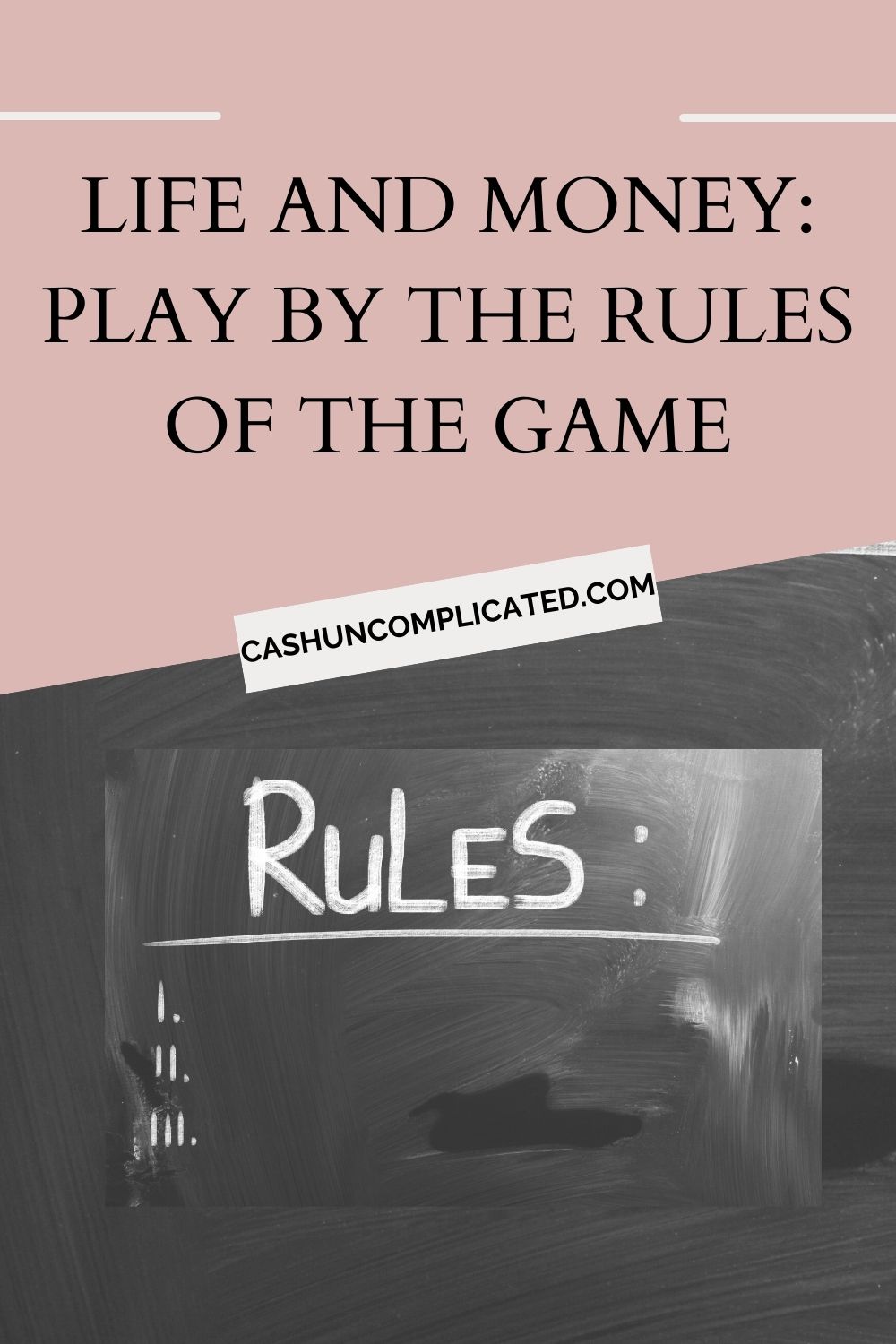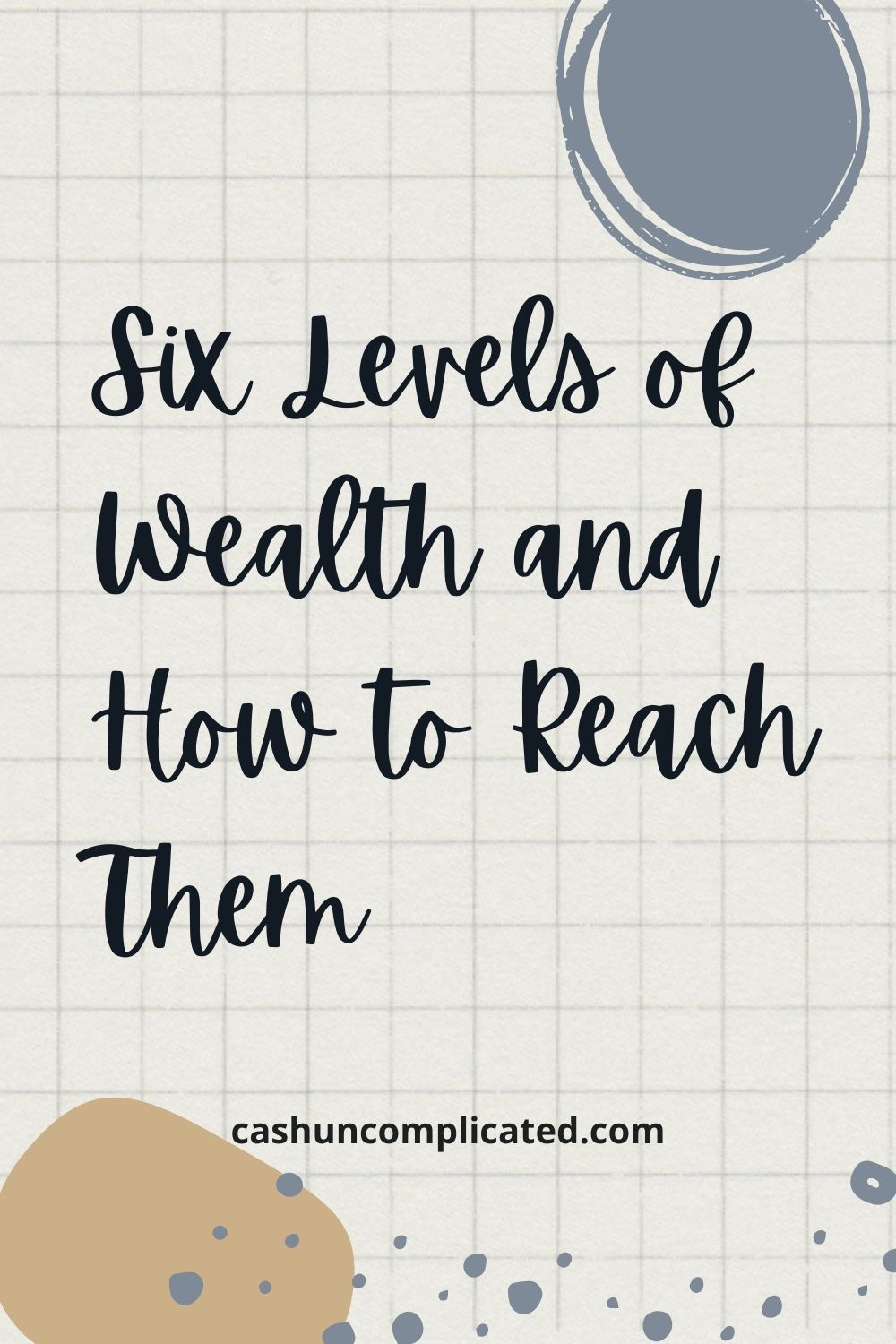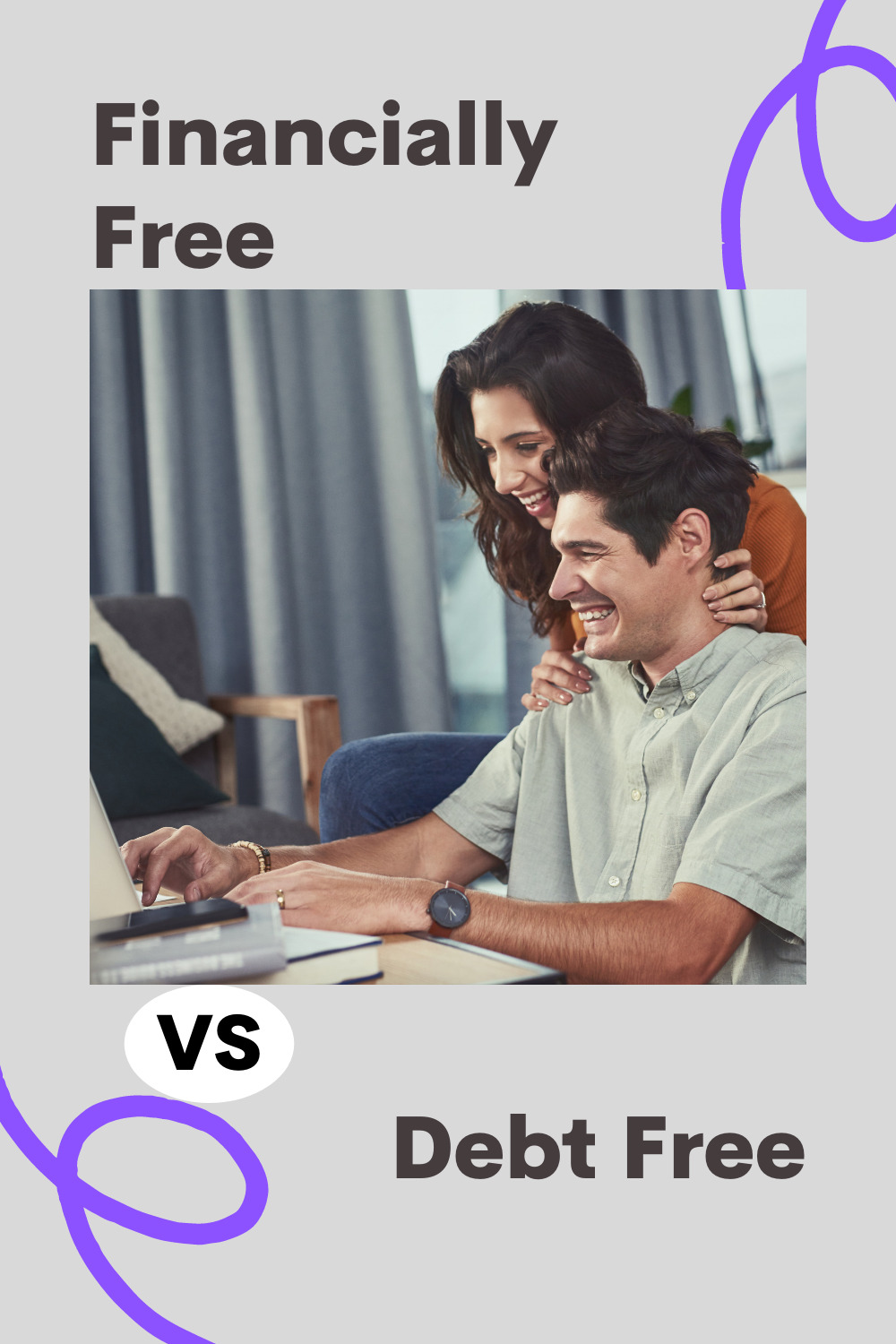Everyone knows on the surface knows credit cards can be dangerous. You hear it from personal finance experts, family, friends, and others. Oftentimes it’s a message that goes in one ear and out the other.
I know I heard the message dozens of times as I entered my twenties and thirties. Yet, I still got myself into a little credit card debt, despite the warnings and knowing it was a bad idea. Fortunately, I got out fairly quickly, but I never should have been in credit card debt in the first place.
Credit Cards Defined
Credit cards are basically a way to conveniently pay for a purchase without having to take out your cash or a debit card. Swipe the credit card at the store, gas station, restaurant, or wherever you’re buying something. Then get the bill at the end of the month for everything you bought.
Then the card is paid off and the process is repeated the following month. For others, the card is partially paid off and interest starts to accrue. Much of this post will be devoted to that scenario, and the dangers of it.
Difference Between Credit Cards and Debit Cards
Credit cards and debit cards look the same, but they are different. A credit card has a credit limit, meaning a person cannot spend more than the limit. For example, someone with a credit card limit of $8,500 can’t spend any more than that amount.
If they have a $7,000 balance they have $1,500 until the limit is reached. A $6,000 balance means there is $2,500 until the limit is reached. A zero balance is $8,500 of the limit. So on and so forth.
A debit card is limited by the funds you have in your checking account. Someone with $10,000 in their checking can put up to that amount on their debit card. Whereas someone with $200 can only put that amount or less on their debit card.
Many people like the inherent debt prevention that debit cards offer because you can’t spend more than you have. Someone with only $500 in their checking account can’t spend thousands of dollars on the card.
Benefits of Credit Cards
Despite what some people will tell you, there are benefits to credit cards. It’s not black and white where credit cards are bad and you have to pay cash. Some of the primary benefits to using credit cards:
- Flexibility–charge the card now and pay it off at the end of the month
- Avoids bank overdraft fees
- Airline miles
- Promotional offers like cash back, double points, etc.
- Convenience
- More protection from unauthorized charges than a debit card
This is only a partial list; I’m sure others can think of more benefits. For more on the benefits of credit cards, I devote part of a chapter to them in my book Cash Uncomplicated.
Can Credit Cards Be Used Responsibly and Appropriately?
I believe credit cards can be used responsibly and appropriately. There are a couple ways to do this. The first is to pay off the balance in full every month. Without fail, every time. This avoids high interest rates, late fees, and everything that comes with it.
The second way is less talked about. And that’s to train yourself to think of a credit card as cash. It’s really easy to just swipe the card and be done with it, never giving it a second thought.
Treating the card as cash though makes it more psychologically difficult to spend on unnecessary items. Imagine the card as taking money right out of your account. If you really value or need the item, get it. If not, it’s best not to purchase because the bill always comes due at the end of the month.
Related: How Value-Based Spending Can Change Your Life
Why Credit Cards Are So Dangerous
Credit cards aren’t inherently dangerous if used appropriately. The real danger is the misuse of them. The remainder of this post will hone in on the numerous negative consequences for misusing credit cards.
Number 1: Astronomical Interest Rates
Interest rates on credit cards are not just high, they are astronomically high. At the time of this writing, according to this post in Forbes, the average interest rate on a credit card is 20.40 percent. To give context of how outrageously high that is:
- At the time of this post, high interest savings accounts currently pay two to three and a half percent interest
- Mortgage rates for the past several months have been in the six to seven percent range
- A 10 percent rate of return is widely considered a very good return by many investors
These numbers aren’t even close to 20.4 percent. Yet, the credit card companies are getting these rates from its customers. To give another example, someone in $15,000 of credit card debt at a 20.4 percent interest rate would incur the following if paying $300 per month towards the debt:
- $18,763 paid towards interest alone
- 113 monthly payments until paid off
- 4 years until payoff
If you ask me, that’s a lot of money in interest and way too many years to pay off.
Number 2: Endless Payments
The example above showed the outrageous payments and interest rates for a $15,000 debt. If the high payments and interest rates aren’t enough of a deterrent, consider the endless payments for these numbers (all examples using 20 percent interest rate):
- Paying the minimum on a $10,000 balance would take 346 months to pay off
- For a $15,000 balance, paying the minimum will take 387 months and over $24,000 in interest alone
- $25,000 in credit card debt means 437 months of payments and over $41,000 of interest if paying the minimum
346 months is almost 29 years, 387 months is over 32 years, and 437 months is over 36 years. We’re talking about significant years of your life here.
A 40-year old would be well into their senior citizen years before having the debt paid off and someone in their twenties would be around retirement age before it’s paid off. These are massive chunks of your life.
Number 3: Psychological Toll and Stress
There’s a psychological toll and stress to being in consumer debt, especially resulting from misusing credit cards. The debt was there last month, this month, and will be there next month and the months after that.
It will remain until it’s either paid off or some other solution like bankruptcy, a debt settlement, etc. Credit card debt is a constant, and no matter how much you try to ignore it–it will be there.
There is a certain stress to having something like this hang over your head for a long period of time. While it’s still possible to enjoy your life, credit card debt is always hanging around. You’ll get reminders of it every time you open your credit card statement, see a credit card ad, or use your card for gas or groceries.
From someone who has been in credit card debt, it’s very stressful and takes a psychological toll on even the best of us. I was fortunate to get out of it fairly quickly, but I’ll admit it was a hopeless feeling seeing the interest accumulate month after month with no plan to pay it off.
I’m not a doctor, but this kind of stress can’t be good for you. The stress of credit card debt month after month, and year after year has to add up and have some negative health effects.
Number 4: Opportunity Cost
Misusing credit cards and getting into consumer debt leads to something not a lot of people talk about, and that’s opportunity cost. This is because available funds are going straight to the debt. And if available funds are going to the consumer debt, they are not going to investments.
One of the keys to investing is time in the market. Spending time paying off credit cards equals less time in the market. Consider these quick examples to demonstrate the power of time in the market:
- An investor who starts contributing $500 per month at age 25 would have $1,085,661 at age 55 assuming a 10 percent rate of return
- All else being equal, if that same investor began contributing just five years later at age 30, they would have $649,091, which is $436,570 less
This is a really big opportunity cost for anyone. It’s money going to the creditor for purchases made months or even years ago, at the expense of your long-term financial future.
Number 5: Battle Just to Get to Zero
What do a baby, five-year old, and middle schooler all have in common when it comes to consumer debt? They’re all at zero consumer debt. Which is what people in consumer debt are striving for.
Think about it: someone in consumer debt is striving just to get back financially to where they were as a baby. Of course it’s a win for someone who was in tens of thousands of consumer debt to get back to zero, but in the big scheme of things, there’s still a really long way to go.
Just getting back to zero debt isn’t going to get anyone truly ahead in the personal finance game. There still needs to be an emergency fund, investments, and some money to live on for the month.
One of the ways credit cards are so dangerous is that they put people in this kind of position where just getting back to zero is a challenge. That means there’s still years and years of hard work left to really get ahead financially. Even after all the hard work of getting back to zero.
Conclusion
Obviously, there are many other reasons why credit cards are so dangerous. This is just an introductory list. The common theme with credit cards is that they put people in a hole. That hole gets bigger and wider, and has far-reaching effects.
Personal stress, impact on relationships, hopelessness, staying in a toxic work environment too long–these are all things those in credit card debt experience. For many, this can go on for months or years.
Of course the easy advice is to avoid the dangers of credit card debt by never getting into it in the first place That’s not everybody’s situation though, so if you’re in it find ways to get out. And if you’ve been it credit card debt like myself before, you’ll avoid it at all costs.
How are credit cards dangerous to your personal situation?

